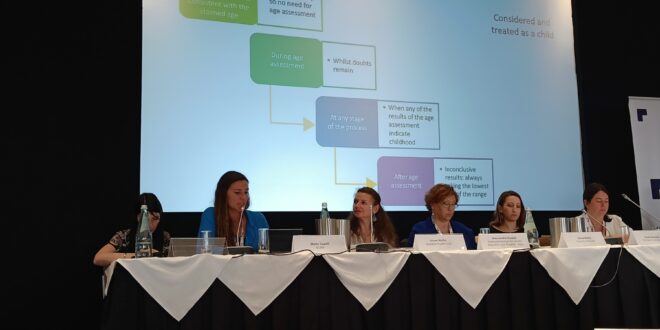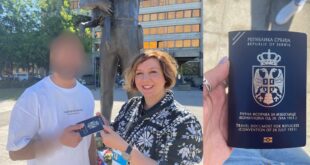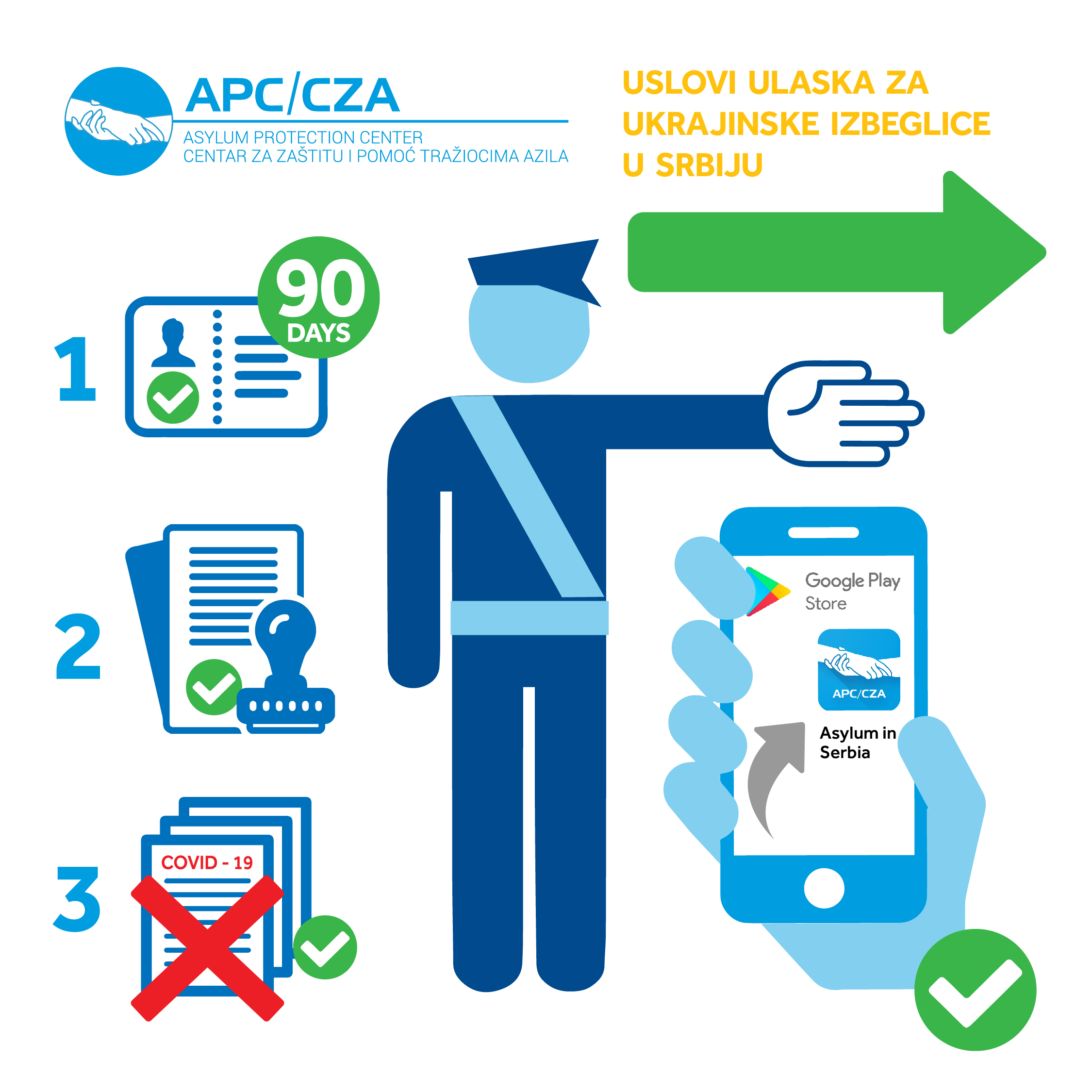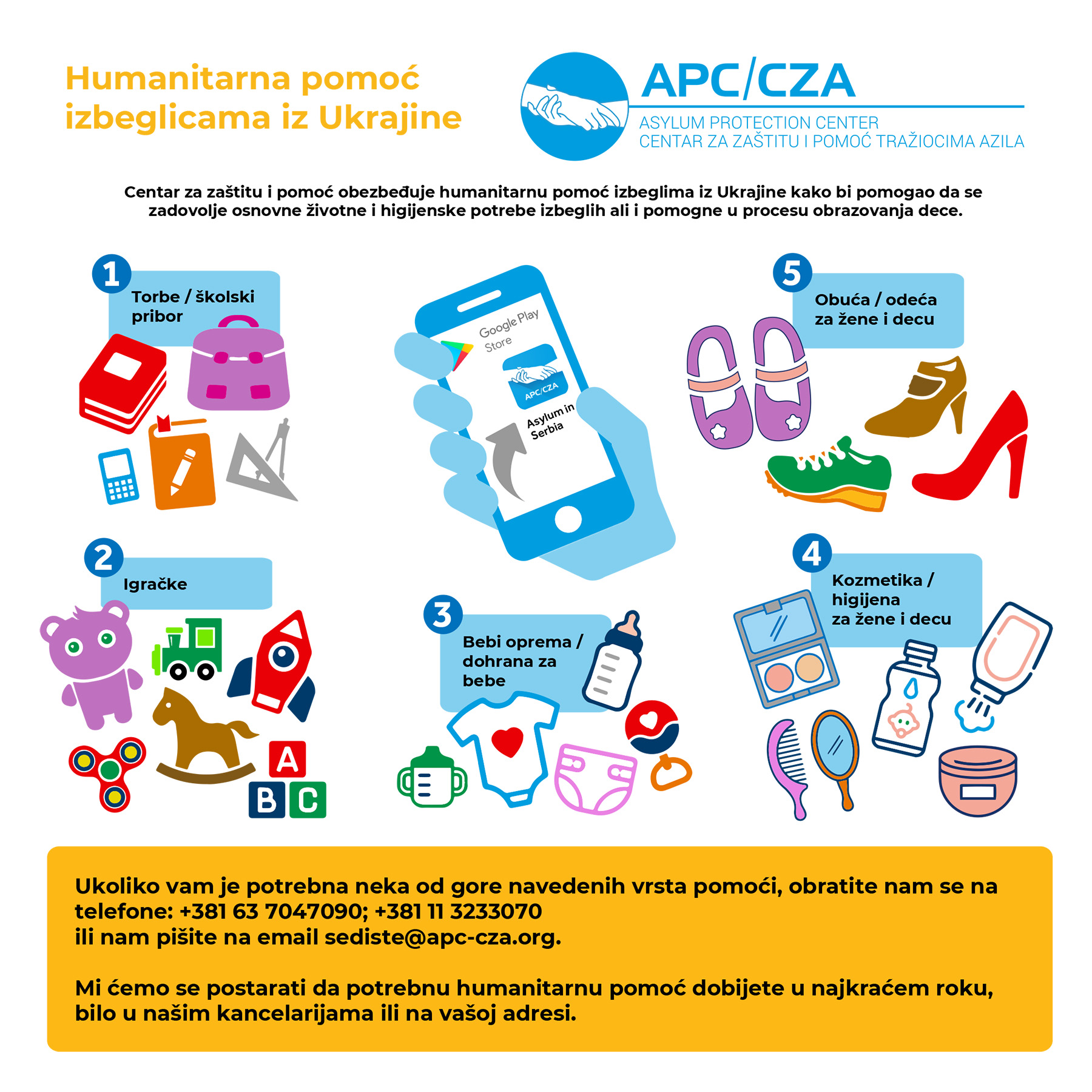To contribute to strengthening the protection of children’s rights in transnational procedures APC took part in a joint thematic meeting of the EUAA Vulnerable Experts’ Network (as one of the members) and of the EUAA Network of Dublin Units in EUAA’s Headquarters in Malta at the end of May 2023.
The exchanges helped identify the challenges that children face in transnational procedures and how the different actors and partners can contribute to strengthening the protection of children’s rights. The meeting brought together experts of thematic networks to combine the expertise in transnational procedures and include different perspectives related to transnational procedures, such as the Dublin procedure, voluntary relocation, and the application of the temporary protection directive.
The meeting allowed for identifying challenges, good practices, and solutions in the three areas and contributed to a general understanding of each of the processes.
Together with other experts, the APC representative highlighted the lack of guardians, lack of documentary evidence, and lack of recognition of different methods of age assessment as main challenges of age assessment, while harmonisation of practices and appeals procedures in age assessment was recognized as necessary.
Regarding relocation, the guardians’ involvement is key, both in the sending and the receiving country and it would be useful to ensure that the guardians in both countries can communicate. Guardians and children should receive legal information and assistance both before decision making on the relocation procedure itself (and Dublin procedures if they may have application) and to assist children with their applications for international protection post transfer. Cooperation and exchange of information via a secure platform between the Member States over best interest assessment, guardianship and taking care of the child is needed. Up-to-date and relevant information should be provided to children and their expectations should be managed.
On temporary protection, it was highlighted that there were several good practices from Member States in their response to the situation: civil society organisations were invited more to facilitate the process of building trust and Member States relied on their work more. With regards to family reunification of persons benefitting from temporary protection, participants underlined the usefulness of the temporary protection platform.
 AzilSrbija AzilSrbija
AzilSrbija AzilSrbija





